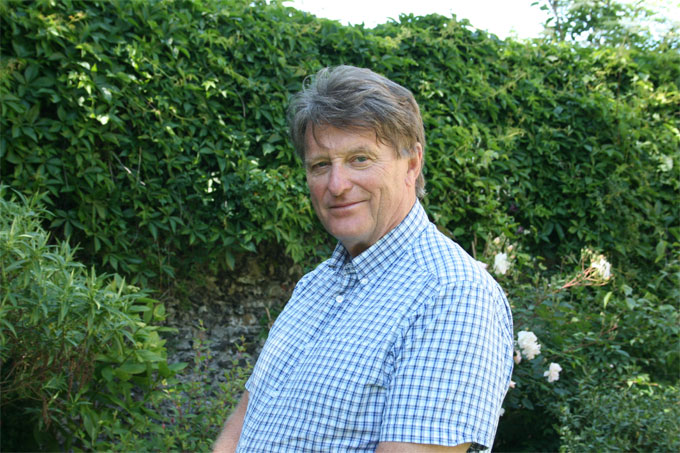The recent terror attacks on the streets of Paris, the beaches of Tunisia and other places across the world have dominated the media in recent months, as has news of young people seduced by the idea of Jihad.
Professor Linden West, Director of the M.Phil and PhD programme in the Faculty of Education at Christ Church, explores racism, fundamentalism and democratic education.
There was an editorial in last Sunday’s Observer (24.1.16) – Point-scoring no help in tackling radicalisation, which I think raises important issues. I think, like the editor of the paper, that we need a more nuanced and responsible approach to these difficulties. Multi-culturalism’s success depends on hard work to build relationships and self-confidence within communities. But to associate Muslim women’s lack of English with the problem of radicalism might risk, among other factors, turning communities inwards.
Most of us will agree that it is time for serious thinking and debate. I have spent a number of years researching, in-depth and using narrative enquiry, particular communities, both white working class and Muslim, to illuminate either the allure of racism or of Islamism among some young people. The stigmatisation of specific communities does not help: in the language of moral fecklessness, laziness, benefit cheats or Chavishness directed at working class communities, for example. Or in the virulence of Islamophobia, and accusations of anti-Britishness, misogyny and now illiteracy targeted at Muslims. Getting close to actual people reveals the anxieties they face, and why some people in white estates are attracted to the BNP or EDL; or in Muslim communities, to the radicalisers. In the post-industrial city, Stoke, where I researched, these tendencies are set within a context of rapid industrial decline, the loss of low skilled jobs, the emptying out of representative democracy, the weakening of local government and high levels of mental ill-health. The Prevent Strategy in the city has also been under-resourced, with a high turnover of staff. Moreover, teachers in schools can feel under-prepared to handle the multi-cultural classroom, their instrumental training failing to equip them to handle the complexity, while bodies, like the Workers’ Educational Association, having done sterling work to bring white working class and Muslim women together, in innovative health programmes, struggle with inadequate funding and short-termism.
There are resources of hope in the city, which include proud local histories of Stoke miners and their resistance to Nazi barbarism. They expressed solidary towards their Czech comrades in the War and helped rebuild the town of Lidice afterwards (a mining community obliterated by the Nazis in 1942 in retaliation for the assignation of Reinhard Heydrich). The campaign was labelled Lidice shall live, in contradistinction to the Nazi’s Lidice shall die. It was led by a local GP, himself a refugee from Polish pogroms. The Lidice shall live history has been resuscitated in particular schools, as a means to teach about the other, and how his or her presence should be welcomed rather than feared; and of how local people have a proud and principled history as a basis for renewed civic confidence. Moreover, the city boasts a strong history of workers’ education, which once provided local people with the confidence and knowledge to become active citizens. The past can be a resource in thinking about what we might do, responsibly, in the present.
Professor Linden West will be giving a public lecture, Racism, Fundamentalism and a Democratic Education: The Challenge for Us All, on some of these issues on Thursday 11 February at 6pm, in the Old Sessions House on the North Holmes Campus of Canterbury Christ Church University. The lecture is free and open to all. Book a place.
The lecture marks the launch of Professor West’s recently published book: Distress in the city: racism, fundamentalism and a democratic education, which provides insights and ideas to help build more nuanced and responsible approaches to radicalisation.
 Expert comment
Expert comment holly finch
holly finch 2489
2489


